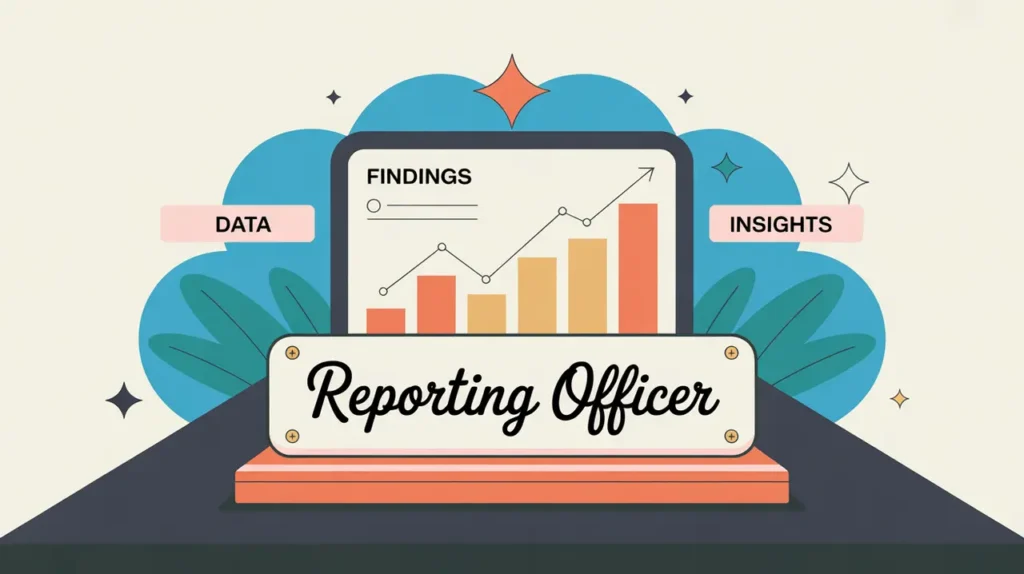What Does the Program Tech Assistant Role Involve?
A Program Officer is responsible for managing and supporting the implementation of specific program activities within a broader strategic framework. They coordinate day-to-day operations, oversee activity planning, manage budgets and reporting for their program area, and liaise with partners, grantees, or stakeholders to ensure effective delivery. Program Officers act as a key link between strategic program goals and on-the-ground execution, ensuring quality, compliance, and impact.
In nonprofits and social enterprises, Program Officers play a pivotal role in operationalizing strategies, managing relationships, and ensuring that programs are delivered on time, on budget, and in line with organizational priorities.
At What Level does this Role Operate?
Mid Level: Program Officers typically operate with moderate autonomy, reporting to a Program Manager or Program Director. They may supervise assistants or associates and are responsible for delivering defined components of programs or grants. Their scope often includes managing partnerships, overseeing grant implementation, and supporting monitoring and evaluation activities.
Relative Employability: Program Officer roles are widely available across nonprofits, foundations, international NGOs, and social enterprises. They are essential in organizations working with donor funding, community partners, or implementing complex multi-stakeholder programs.
Relative Pay Scale: Program Officers generally occupy the mid pay band. Their compensation reflects their responsibility for operational delivery, sitting above assistant and associate roles but below managerial and director positions.
What are the Key Responsibilities and Activities?
- Manage the implementation of program activities, ensuring they align with program objectives and timelines
- Coordinate with partners, grantees, and stakeholders to support program delivery and troubleshoot issues
- Develop and manage activity plans, budgets, and reporting schedules for assigned program areas
- Monitor progress against work plans and performance indicators, identifying and addressing challenges proactively
- Prepare program documentation, including reports, briefs, and presentations for internal and external audiences
- Support proposal development and program design, including background research and drafting contributions
- Ensure compliance with donor requirements, organizational policies, and legal frameworks
- Collaborate with monitoring and evaluation teams to collect, analyze, and use data for decision making
- Contribute to learning and adaptation by identifying promising practices and areas for improvement
What Core Competencies and Qualifications are Needed?
Required Qualifications and Experience
The following reflect common qualifications and experience expected for this role, while recognizing that pathways may vary by context, organization, and region.
- Relevant academic background in social sciences, public policy, international development, or related fields
- Several years of experience supporting or managing program implementation, preferably in nonprofit or development contexts
- Familiarity with program planning, budgeting, monitoring, and reporting processes
- Experience working with partners, grantees, or community-based organizations
- Knowledge of donor compliance frameworks and programmatic standards
Key Competencies
- Strong organizational and project management skills
- Analytical abilities to track progress and identify solutions
- Effective communication and relationship management skills
- Attention to detail and ability to manage multiple priorities
- Capacity to work both independently and collaboratively within teams
- Adaptability in dynamic and complex program environments
How are AI and Automation Shaping this Role?
An AI-native Program Officer can use AI tools to automate reporting, synthesize field data, monitor implementation in real time, and flag risks or delays early. Workflow automation can streamline partner coordination, budget tracking, and compliance monitoring. Predictive analytics can inform adaptive management strategies and resource allocation, allowing officers to focus more on problem solving, learning, and stakeholder engagement.
What Career Pathways and Transferable Skills are Associated with this Role?
Program Officers can progress to roles such as Program Manager, Program Director, Strategy Lead, or Sector Specialist. Their skills in program delivery, stakeholder management, and compliance are transferable to leadership, grantmaking, operations, and consulting roles. Over time, they may take on responsibility for larger program portfolios, lead cross-sector partnerships, or shape program strategies at organizational, national, or global levels.







